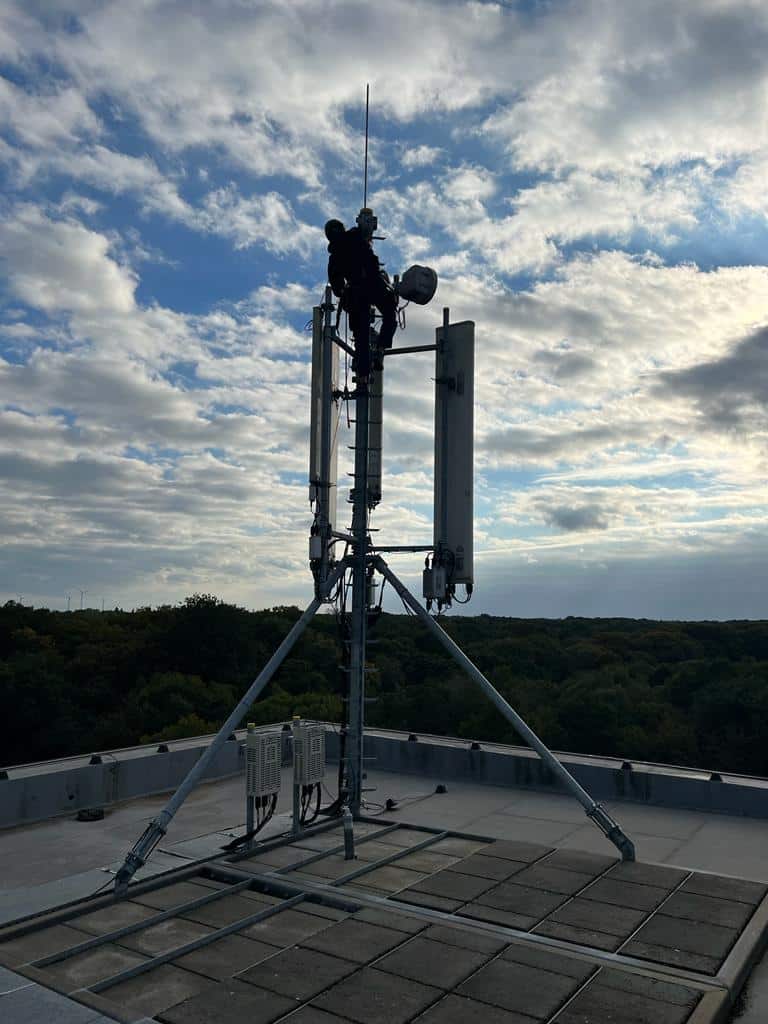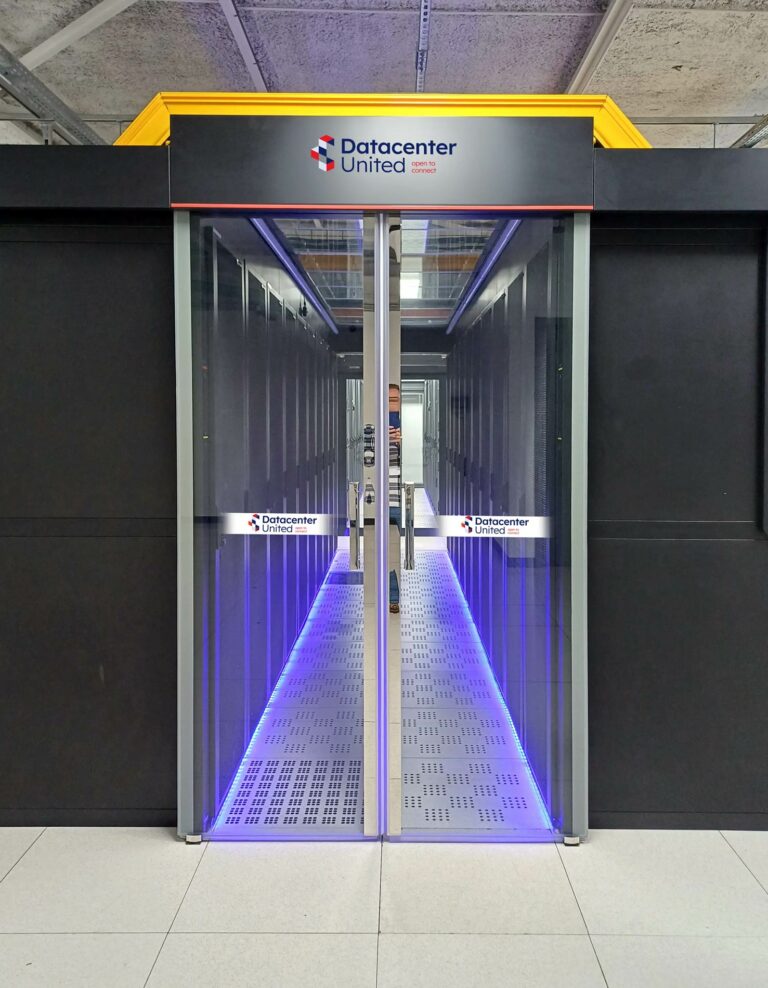The fact that you can put your data centre 'on premise' is what we have been used to for years. You buy and install a powerful serveryou install a efficient network and provides the right security strategy. You keep everything in-house and have to manage everything yourself. All your data, uptime and security are your responsibilities. In itself not a bad scenario if you have enough resources, knowledge and people in house to cover all your usage scenarios. This formula is therefore accompanied by some major investments, both in hardware and people, and count on large-scale renewals every +/- 5 years, when the time is ripe for new hardware or operating systems.
Public or Private cloud...
More and more companies and organisations are therefore using a public or private cloud. The servers are located in large data centres all over the world and are maintained by professionals. The cloud solutions offered are scalable, always equipped with the latest hardware and very cost-effective. Nevertheless, there are important differences between a Private and a Public cloud provider.
In a way, with your own on-premise environment, you're already creating a 'private cloudif your employees can approach them anytime, anywhere. But we're looking at external providers here.
One Private Cloud supplier puts hardware in its data center exclusively available for your organization. You can then include the devices in your local network, configure them as you wish and hide them behind your own firewall. What you do with them is entirely up to you, so you still have full control, with the advantage that you no longer need to worry about maintenance, cooling, power supply or downtime. That's all arranged by the private cloud provider. If resources are shared with other organizations (e.g. to reduce costs) it will be very limited and in consultation with you. The devices are not your property, but at a predictable monthly price, depending on your usage.
You Public Cloud offers you instead of a 'server with which you do what you want' rather a virtual machine, a platform, a specific service, computing power, or on-demand storage to. You can use it as much as your contract allows, but you can very limited or not include this hardware in your own company network or house it under your own security measures. Although the public cloud is usually much cheaper, you almost always work on shared resources. Not with one or 2 other parties, but perhaps tens or hundreds. The data is of course separated and it is up to the public cloud provider to keep the system healthy and inconvenience to a minimum. Often you can also opt for a more expensive Virtual Private Server (VPS) that guarantees you a certain performance.
Maintenance, uptime, security... just about everything is provided by the public cloud provider to relieve you completely. The downside is that you need to fully trust the provider and their security measures with your data.
...Or hybrid cloud?
Of course, you are also free to choose both. You can perfectly make use of a hybrid form where you combine on-premise hardware, a private cloud and public cloud services. The TCO (total cost of ownership) and the optimal formula can be weighed up per need.
Macroeconomic factors play a role
GDPR and the importance of protecting your data are increasingly weighed in the choice between a cloud or an on-premise solution. Of course public cloud service providers such as Microsoft Azure certain guarantees regarding the security of your data, but where exactly your data is stored is uncertain. This makes you dependent on the legislation regarding the accessibility of data in the country where those servers are located, which can be a risk when handling sensitive data.
Due to the growing macro-economic uncertainty, more and more companies tend to keep their data physically closer to home. Anyone who reads the newspapers will see that trade agreements are being called into question, that the American state claims the right to use data that is present in their country in the interest of the nation, that China uses its tech giants to collect data... These are all things you have to keep in mind.
Finding the right balance
The choice for private, public and/or on-premise is not easy and depends on the type of data and the wishes of the organisation in terms of computing power, network speed, storage, backup and recovery. Because there are many different needs within the same organisation, a hybrid solution is usually the smartest choice. VanRoey.be is happy to help you on your way and has the right knowledge and service in-house with its own private cloud.
VAT no.
share this post:










